Afra Grain
Afra Grain was established with the purpose of providing commercial services and supporting all operations within the Afra Group.
The subsidiaries under this division include commercial companies, Bakhtar Grain Port Services Company (a mechanized system for loading and unloading), and Navid Tarabar Khalij Fars Company (active in road transportation). In the near future, shipping and multimodal transportation services will also be introduced.
Given the strategic importance of Imam Khomeini Port Special Economic Zone —which supplies over 70% of the country’s essential goods—the establishment of an integrated and mechanized terminal for loading and unloading goods, especially grains, is both vital and strategic.
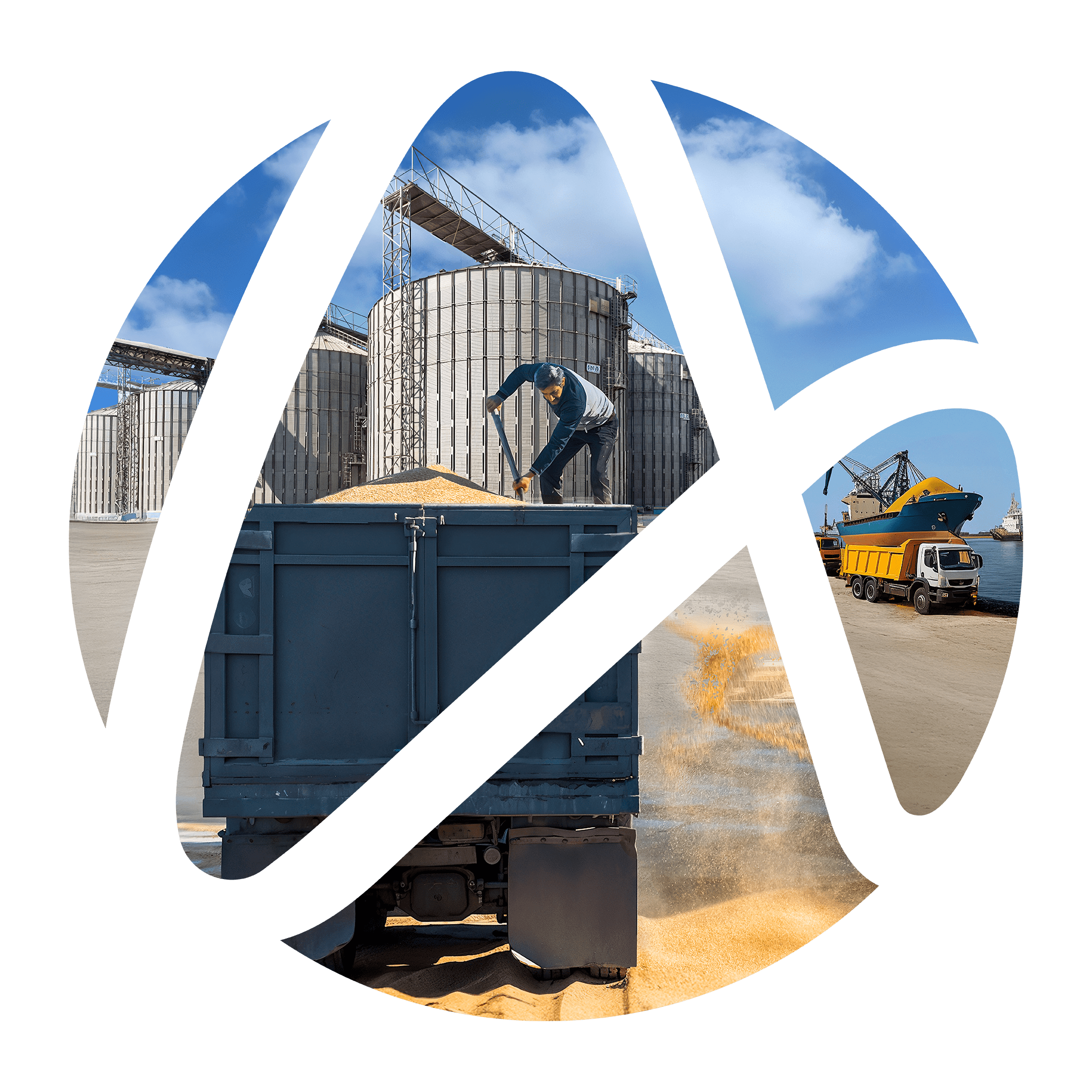
Afra Grain at a Glance
Annual Imports (over 3 million tons of grains, oil, and raw sugar)
Activity within the integrated food supply chain
Possession of specialized subsidiary companies
Strategic position in supporting the country’s logistics and commerce
Afra Grain Services
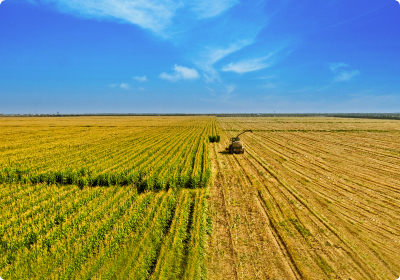
Procurement of various grains, oils, and raw sugar
At Afra Green, a subsidiary of Afra Integrated Food Value Chain Holding, the procurement and supply of grains, edible oils, and raw sugar are carried out through both domestic and international sourcing channels. A significant portion of the supply—particularly grains and crude edible oils—is imported from countries such as Canada, Ukraine, Brazil, Malaysia, Indonesia, and others. Afra Green plays a pivotal role in supplying these essential commodities to the holding’s subsidiaries. It is also actively involved in supporting partner companies to advance Afra’s commercial and production activities.
Currently, the procurement and distribution of over 3 million tons of various grains, oils, and raw sugar are underway through Afra Green’s affiliated companies and commercial divisions. This operation has a substantial impact on enhancing the efficiency and value creation across Afra’s integrated food value chain.
Provision of Sourcing, Sales, and Distribution Services
Sourcing, sales, and distribution are among the most essential and core services provided under Afra Grain, a subsidiary of Afra Integrated Food Value Chains Holding.
These services cover a broad range of products, including: oilseeds, crude oil, refined oil, processed oil, meal, pelletized meal, animal, poultry, and aquaculture feed, dairy and meat livestock, broiler chickens, pullets, eggs, aquaculture products, grains, raw sugar, refined sugar, packaged sugar, and more.
In addition to these services, Afra Grain also provides technical and commercial consultancy to its partner companies.
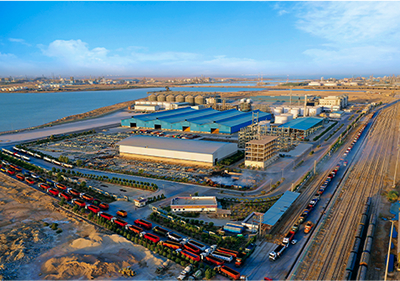

Provision of logistics and port services
At Afra Green, a subsidiary of Afra Integrated Food Value Chain Holding, the supply of materials within the food value chain is carried out through land, sea, or combined transportation methods. Consulting services as well as freight transportation are also offered to companies outside the holding. This division serves as another strategic arm of the subsidiary, playing a valuable and impactful role.
Subsidiary Companies Of Afra Grain
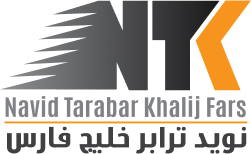
Navid Tarabar Khalij Fars Transportation Company
This company is currently in the process of construction and obtaining the required legal permits. By the end of 2026, it will begin transporting products such as grains, crude oil, and other manufactured goods from factories located at the port to various regions across the country, utilizing a road transport fleet.
Read more
- Location: Mahshahr Port, with a total area of 30,000 square meters
- Advantages: Given its strategic logistical position, the company facilitates the flow of materials and products between subsidiaries as well as Afra Group’s suppliers and customers.
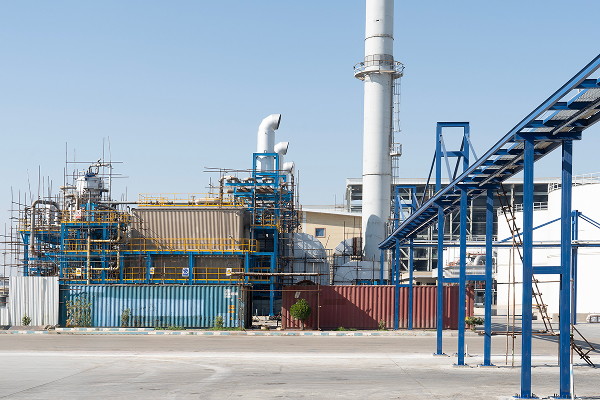
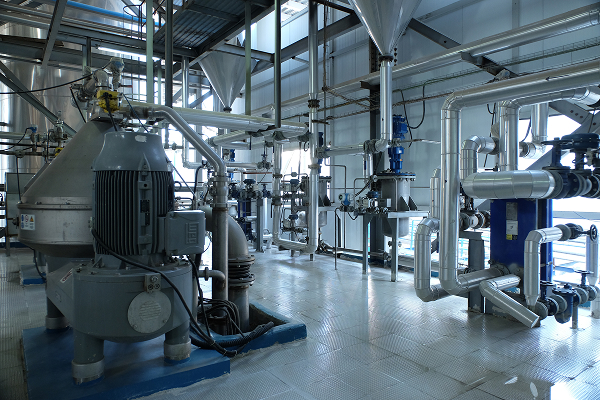

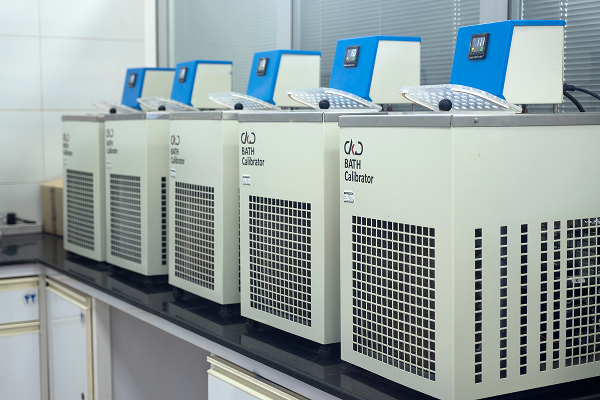
Bakhtar Grain Port Services Company
- Modernized Terminal: Construction of an advanced terminal equipped with integrated and mechanized systems for grain loading to significantly improve operational efficiency
- Reduced Berthing Time: Decreasing ship berthing time at the dock by up to 50%
- Advanced Standards: Maintaining the highest standards in receiving, transporting, storing, and ensuring the health, safety, and hygiene of goods Increased Efficiency Eliminating unnecessary handling, reducing damage, and maximizing equipment effectiveness
- Improved Safety: Minimizing human presence to reduce operational risks and incidents
- Environmental Benefits: Minimizing dust pollution caused by traditional methods
- Future Operational Optimization: Positioning Imam Khomeini Port as a reliable and efficient hub for grain supply, contributing to national food security




